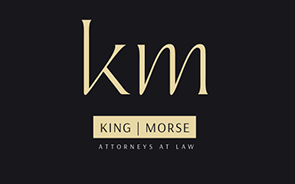Dishonesty when registering for a trademark constitutes as fraud. An applicant makes intentionally false statements on an application to obtain a trademark. This type of fraud often counts as a federal crime. The precise definition of fraud is outlined under trademark law in Florida.
Defining fraud
Fraud occurs when an applicant makes false or misleading statements while registering for a trademark. The person misrepresents a name, age, occupation, income or any form of information on a trademark application. The information is needed to make a proper identification of the applicant. Another type of fraud is using a trademark on a product or service for which it was not originally intended.
Reasons for fraud
An individual or business owner may commit trademark fraud to gain financially from a trademark, such as a name or logo, that was taken without permission. Fraud often occurs when applicants submit false written statements to the U.S. Patent and Trademark Office (USPTO). The Trademark Trial and Appeal Board (TTAB) establishes and prosecutes cases of intentional fraud.
In contrast, trademark infringement is committed after the trademark has been registered and is in public use. An example is attaching brand name labels to generic brand products or services. The three main determinants of infringement are “use,” “in commerce” and the “likelihood of confusion” when using two similar trademarks.
Screening for fraud is mandatory before accepting an application that is sent to the U.S. Patent and Trademark Office. An individual or business commits fraud by intentionally misrepresenting oneself while registering for a trademark. Trademark fraud is a civil or criminal offense that can be prosecuted in a state or federal court.


